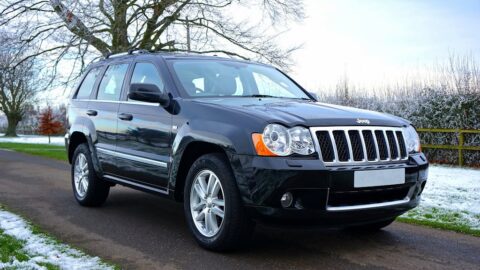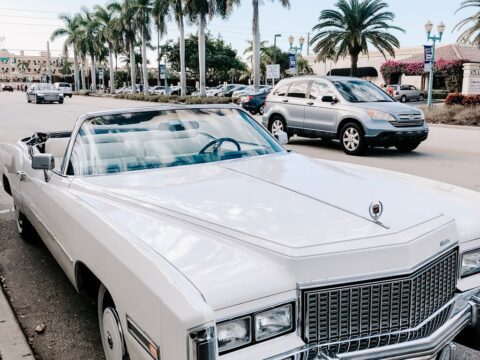Are you ready to take the exciting leap into car ownership for the first time? Buying your first car is a big milestone and an exhilarating experience. However, it can also be overwhelming with the myriad of options, decisions, and considerations involved. To help you navigate this journey smoothly, here are some essential tips and insights for first-time car buyers.
Set a Budget and Stick to It
Before you start shopping, establish a realistic budget. Consider all the costs associated with car ownership, including the purchase price, insurance, maintenance, fuel, and potential loan payments. Sticking to a budget ensures you make a wise financial decision.
Research and Explore Options
Research is key. Explore various car models, makes, and sizes to determine what suits your needs and lifestyle. Consider fuel efficiency, safety features, reliability, and resale value. It’s important to find a car that aligns with your priorities.
New vs. Used
Assess whether you want a brand-new car or a used one. While new cars offer the latest features and warranties, used cars can provide great value for money. Used cars have already undergone the steepest depreciation, allowing you to save significantly on the purchase price.
Consider Financing Options
Evaluate your financing options carefully. Understand the terms, interest rates, and monthly payments, whether it’s a loan or a lease. Compare offers from different financial institutions to find the best deal that fits your budget.
Test Drive Multiple Cars
Before deciding, test drive a few cars to get a feel for their performance, comfort, and handling. Pay attention to how the car responds to your driving style and if it meets your expectations.
Check the Vehicle History (For Used Cars)
If considering a used car, obtain a vehicle history report to ensure there’s no hidden damage, accidents, or other concerning incidents. This report can provide valuable insights into the car’s past.
Get a Pre-Purchase Inspection
Consider having a trusted mechanic inspect the car before finalizing the purchase, especially for used vehicles. They can identify potential issues that may not be apparent during a test drive.
Understand Ownership Costs
Owning a car goes beyond the purchase price. Take into account insurance costs, maintenance, repairs, and potential taxes. It’s crucial to have a clear understanding of the long-term financial commitment.
Negotiate and Stay Informed
Don’t hesitate to negotiate the price with the seller. Research the car’s market value to ensure you’re getting a fair deal. Being informed empowers you during negotiations.
Plan for Future Resale
Choose a car that holds its value well. Resale value should be a consideration, even if you plan to keep the car for a long time. Opting for popular models with good reputations can pay off in the future.




